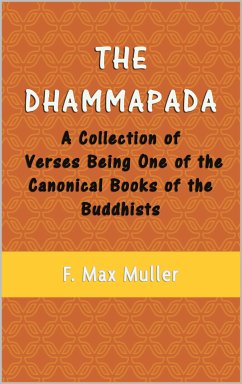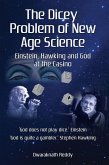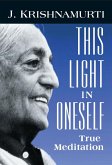1. All that we are is the result of what we have thought: it is founded on our thoughts, it is made up of our thoughts. If a man speaks or acts with an evil thought, pain follows him, as the wheel follows the foot of the ox that draws the carriage.
2. All that we are is the result of what we have thought: it is founded on our thoughts, it is made up of our thoughts. If a man speaks or acts with a pure thought, happiness follows him, like a shadow that never leaves him.
3. "He abused me, he beat me, he defeated me, he robbed me,"-in those who harbour such thoughts hatred will never cease.
4. "He abused me, he beat me, he defeated me, he robbed me,"-in those who do not harbour such thoughts hatred will cease.
5. For hatred does not cease by hatred at any time: hatred ceases by love, this is an old rule.
6. The world does not know that we must all come to an end here;-but those who know it, their quarrels cease at once.
7. He who lives looking for pleasures only, his senses uncontrolled, immoderate in his food, idle, and weak, Mara (the tempter) will certainly overthrow him, as the wind throws down a weak tree.
8. He who lives without looking for pleasures, his senses well controlled, moderate in his food, faithful and strong, him Mara will certainly not overthrow, any more than the wind throws down a rocky mountain.
9. He who wishes to put on the yellow dress without having cleansed himself from sin, who disregards temperance and truth, is unworthy of the yellow dress.
10. But he who has cleansed himself from sin, is well grounded in all virtues, and regards also temperance and truth, he is indeed worthy of the yellow dress.
11. They who imagine truth in untruth, and see untruth in truth, never arrive at truth, but follow vain desires.
12. They who know truth in truth, and untruth in untruth, arrive at truth, and follow true desires.
13. As rain breaks through an ill-thatched house, passion will break through an unreflecting mind.
14. As rain does not break through a well-thatched house, passion will not break through a well-reflecting mind.
15. The evil-doer mourns in this world, and he mourns in the next; he mourns in both. He mourns and suffers when he sees the evil of his own work.
Dieser Download kann aus rechtlichen Gründen nur mit Rechnungsadresse in A, B, BG, CY, CZ, D, DK, EW, E, FIN, F, GR, H, IRL, I, LT, L, LR, M, NL, PL, P, R, S, SLO, SK ausgeliefert werden.









